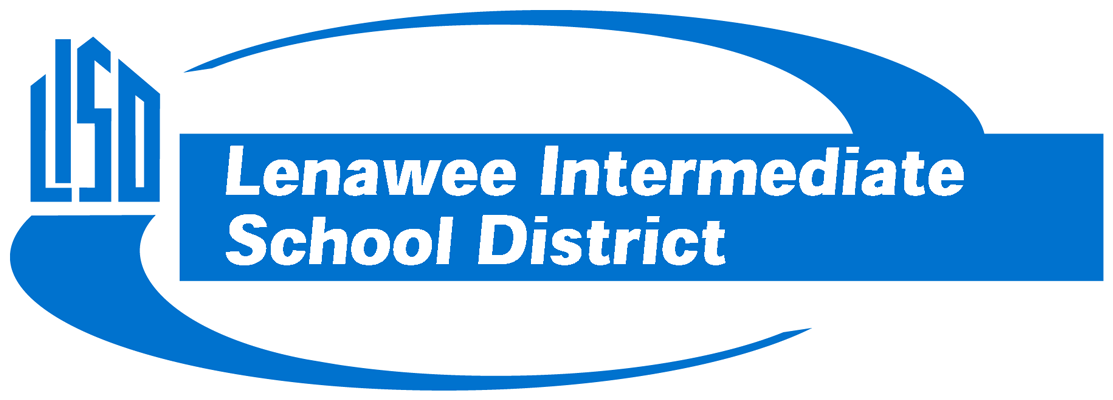Adrian, MI – The Lenawee Intermediate School District (LISD) is leading a new effort to support student mental health through a program called iWellness. With funding from the FY25 State School Aid Act (Section 31g), the LISD is serving as the fiduciary for a statewide “Student Wellness Pilot Program,” which allows participating schools to access the iWellness platform and support services at a reduced price or no cost. As part of this initiative, Lenawee County schools have the opportunity to use the program free of charge for the next few years—without relying on any local millage dollars.
The goal of the pilot is to help schools better understand how students are doing emotionally—and to offer support before problems escalate. In addition to improving individual well-being, the program is designed to study potential improvements in key areas such as absenteeism, suspensions and expulsions, behavior incidents, dropout rates, and students’ sense of safety, connection, and belonging. These are all priorities identified by Lenawee County schools as areas of focus.
Some local districts, including Clinton, Morenci, Sand Creek, Tecumseh and LISD programs, chose to take part in this first year. Students in those schools complete short weekly surveys that help staff check in on their well-being. The program gives students a chance to quietly share how they’re feeling, even if they’re not ready to talk about it out loud. It also helps school staff identify students who may need extra help.
Clinton Middle School Counselor Abby Clark shared that, while she was initially concerned about how families would respond—and whether the program might reveal more student needs than she could manage alone—the rollout went smoothly. Families were given the opportunity to decide whether their child would participate in iWellness, and only a small number chose to opt out. This helped ensure that the decision remained with parents and guardians. With strong family support and manageable results, the system has made it easier for her to identify and assist students—even as the sole counselor in the building.
Schools have also used the iWellness data in staff meetings and to plan extra support for students who might need more than everyday help. The simple seven-question weekly check-in helps staff know who to connect with and when a student might benefit from additional support. In some cases, this means connecting students with a parent-approved licensed mental health professional—especially if they’re experiencing increased stress or facing health-related challenges. Just as often, the check-ins reveal academic concerns, giving students the opportunity to receive help with classwork, organization, or learning strategies that can reduce frustration and improve confidence in the classroom.
LISD School Social Worker Bennett Thomson noted that one of the greatest strengths of iWellness is its ability to help staff recognize students who tend to internalize their feelings—students who might otherwise go unnoticed. “The iWellness platform has proven to be simple and reliable in practice,” said Thomson. “It allows students to thoughtfully recognize their current emotional and social status, while providing them with routes to seek out and receive support.” He added that iWellness has helped schools more quickly connect students to resources and reinforce a strong culture of care and well-being.
The most common struggles students reported were with stress, self-esteem, and handling challenges—issues common in many school settings. A study involving over 77,000 student responses across the state showed strong links between students feeling connected at school and feeling safe and confident. These insights help schools focus on building stronger relationships and more supportive learning environments.
LISD Superintendent Mark Haag emphasized how the platform fits into modern student life while benefiting school culture. “iWellness grades 3–12 meets students where they are—online—giving them a voice in how they feel and what they need,” Haag said. “By capturing real-time feedback through technology students already use, it helps schools identify who needs academic or mental health support and empowers staff to make data-driven decisions that improve student well-being, engagement, and school culture—with families involved every step of the way.”
As this pilot year wraps up, the LISD plans to continue supporting districts that choose to adopt iWellness moving forward. By combining real-time data with human connection, the program is helping Lenawee County schools give students a stronger voice and the right support—right when they need it most.

